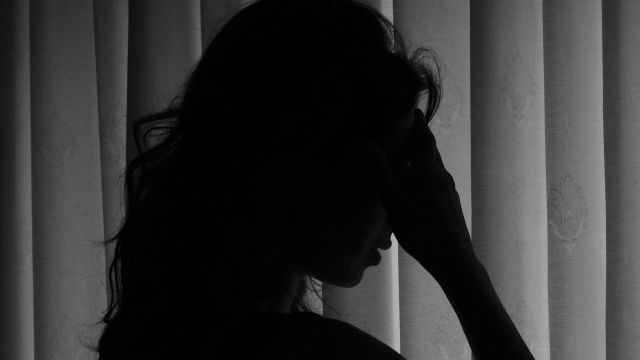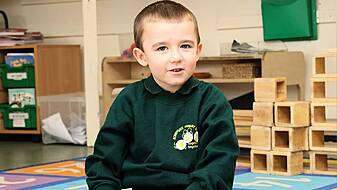They could also have a heightened risk of Parkinson’s disease, attention deficit hyperactivity disorder (ADHD) and mood and anxiety disorders, researchers said.
Concussion is classed as a temporary injury to the brain caused by a bump, blow or jolt to the head.
It typically lasts up to a few days or weeks, although it sometimes needs emergency treatment and some people can have longer-lasting problems.
Our findings suggest that concussion may be a risk factor for the development of comorbid conditions in the years following initial injury
The study, published in the journal Family Medicine and Community Health, examined the links between concussion and the risk of psychological and neurological disorders in later life.
A team of Canadian researchers examined data on almost 50,000 people who had suffered a concussion between 1990 and 1991 and then tracked their health again in 2014 and 2015.
They compared 28,021 men and 19,462 women who had suffered concussion in the early 1990s with almost 140,000 healthy participants who had not suffered concussion.
It was found that those who suffered concussion were 72% more likely to go on to have a dementia diagnosis in 2014/15 compared with those who did not.
They were also 57% more likely to be diagnosed with Parkinson’s disease and had a 39% higher chance of having ADHD.
And those who had suffered concussion had a 72% heightened risk of a mood or anxiety disorder compared with those who did not have a concussion.
The authors wrote: “Concussion was associated with an increased risk of diagnosis of attention-deficit hyperactivity disorder, mood and anxiety disorders, dementia and Parkinson’s disease later in life.
“Our findings suggest that concussion may be a risk factor for the development of comorbid conditions in the years following initial injury.”
Signs of a concussion usually appear within a few minutes or hours of a head injury, but they can take as long as a few days.
Symptoms can include: a headache that does not go away or is not relieved with painkillers; dizziness; feeling or being sick; memory loss; clumsiness or trouble with balance; feeling stunned, dazed or confused; changes in vision; being knocked out or struggling to stay awake.
Concussion is harder to spot among young children and babies.
Carers are urged to look out for changes in their normal behaviour after a head injury, such as excessive crying, differences in their feeding or sleeping habits or a loss of interest in people or objects.
There is no guaranteed way to prevent concussion but people can follow simple safety steps such as wearing a helmet when cycling or wearing the recommended equipment when taking part in a contact sport, such as rugby or boxing.







